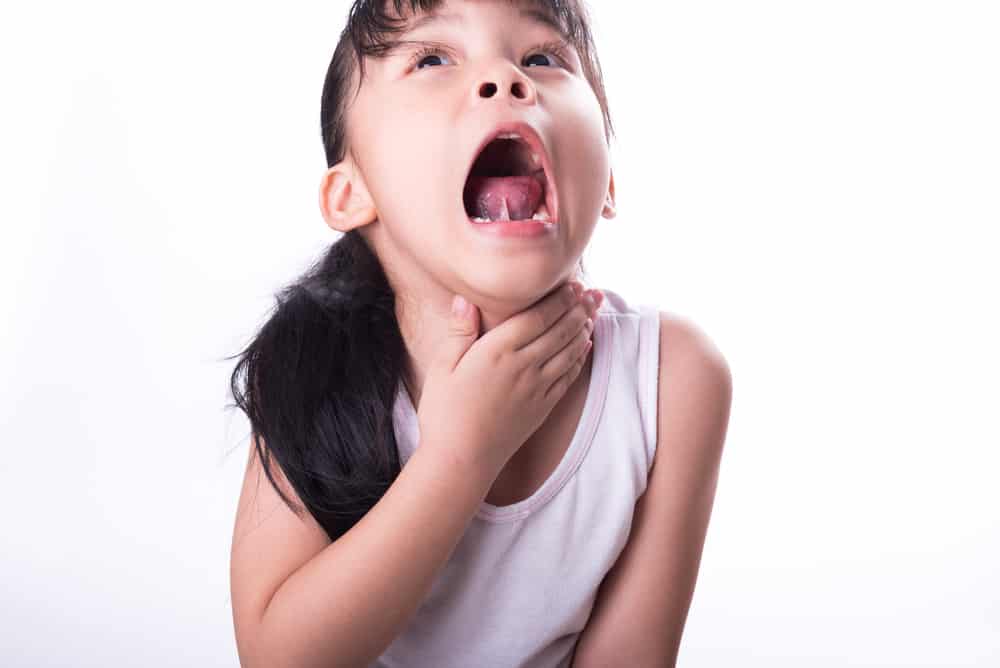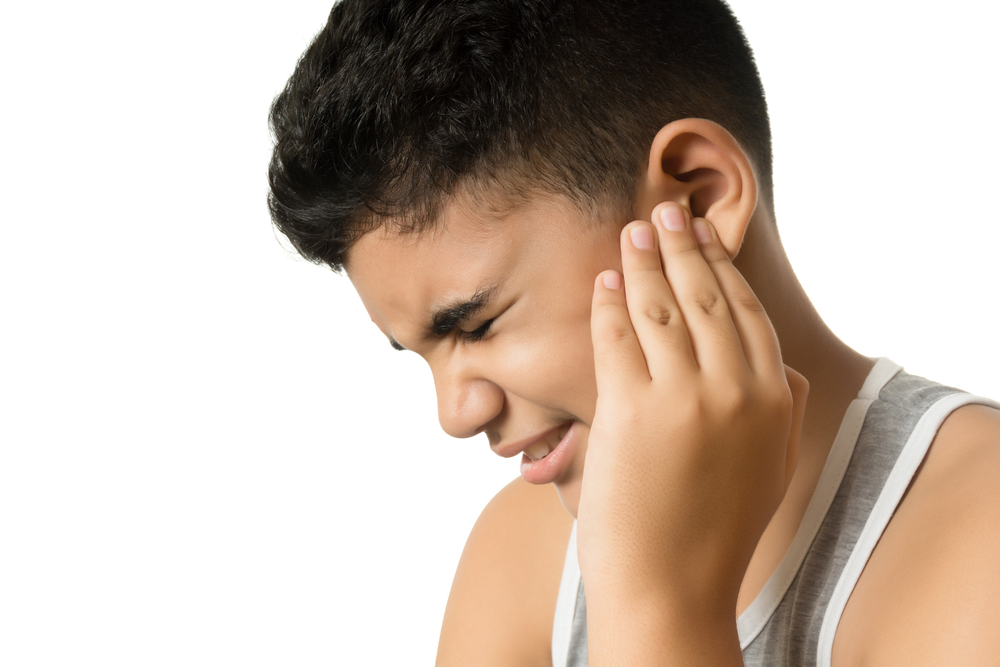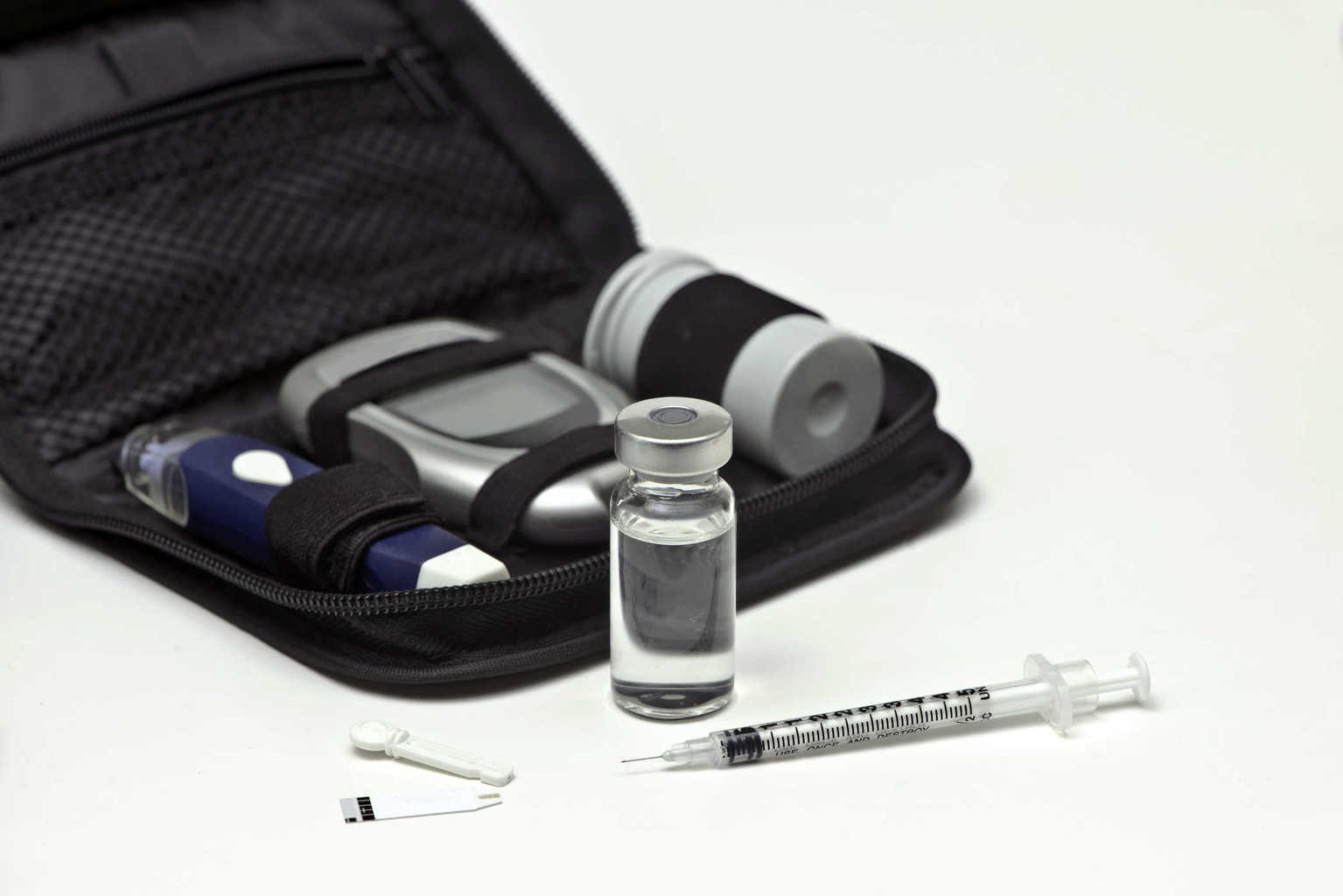Contents:
- Medical Video: What causes blisters in the throat ? | Health FAQs
- What is herpangina?
- What are the characteristics of herpangina?
- How to treat herpangina?
- Take ibuprofen or paracetamol
- Pain relief cream or ointment
- Increase fluid intake
Medical Video: What causes blisters in the throat ? | Health FAQs
Small children usually experience blisters or sores on the back of the throat. This condition called herpangina often occurs during the transition (transition). However, not only children can experience it, even adults can get it too. What is herpangina? How is the spread?
What is herpangina?
Herpangina is a condition of infection in the mouth and throat caused by a group of viruses called enteroviruses. This is similar to other conditions that affect children, known as diseases hand, foot and mouth disease. The cause is also the enterovirus virus.
Keep in mind, infections caused by enteroviruses are highly contagious and easily spread from one child to another. Even adults can experience herpangina. However, adults who get herpangina are indeed rare, because the body of an adult already has strong antibodies to fight the virus.
Herpangina is usually also transmitted if you make direct contact with the faeces of people who have been exposed to herpangina before. For example, when parents help their children cleanse themselves after defecating. In addition, this infection can also spread through saliva, sneezing, or coughing. Herpangina-causing viruses are also still able to survive and move on the surface of objects such as tables and children's toys for several days.
What are the characteristics of herpangina?
Symptoms of herpangina vary from person to person, but usually include the following characteristics:
- Sudden fever
- Sore throat.
- Headache.
- The neck hurts.
- Swollen lymph nodes.
- Pain or difficulty swallowing.
- No appetite.
- Saliva drips continuously (in infants).
- Vomiting (in infants).
- A small wound appears on the back of the mouth and throat that is seen in the initial infection. The wound tends to be gray and often has a red border, like canker sores.
You should contact your doctor immediately if there are herpangina symptoms:
- Having a high fever, the temperature is above 40 degrees Celsius.
- Mouth sores or sore throat that lasts for more than five days.
- Symptoms of dehydration such as mouth and dry eyes, weakness, rarely urinating, dark urine, and sunken eyes.
How to treat herpangina?
The condition of the disease caused by this virus is usually usually treated by reducing and eliminating symptoms, especially pain centered around the mouth and throat. Because this is a disease caused by a viral infection, antibiotics are not an effective form of treatment. Instead, your doctor may recommend the following treatments:
Take ibuprofen or paracetamol
These drugs can reduce pain in the throat, discomfort and reduce symptoms of fever. Don't use aspirin to treat symptoms of viral infection in children or adolescents. This condition is almost the same as Reye's syndrome, a life-threatening disease that causes sudden swelling and swelling in the liver and brain.
Pain relief cream or ointment
Usually the doctor will tell you to use certain painkillers, such as lidocaine. These drugs can reduce pain in the throat or in the mouth due to viral infections.
Increase fluid intake
If it is affected by this condition, it is important to keep the body properly hydrated. What you can do is to drink plenty of fluids during the recovery period, especially milk and water. Eating popsicles from real fruit juice can also help calm sore throats. Avoid drinking hot drinks, because it can make the symptoms of sores in the mouth and throat worse.












